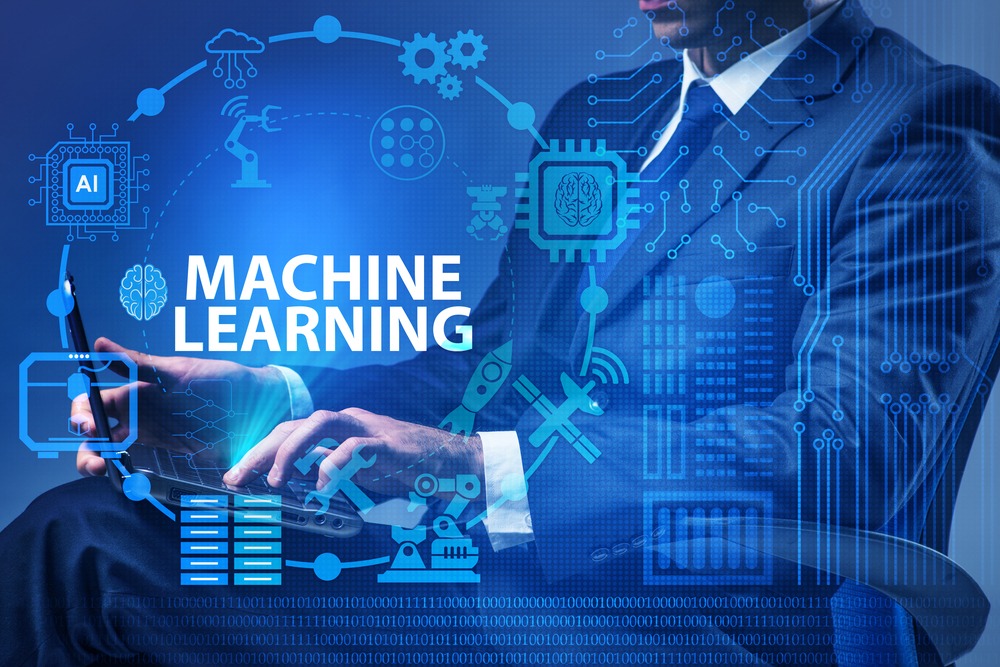
The future of machine learning is an exciting topic, with endless possibilities for how it can shape our world. From healthcare to transportation, businesses are already beginning to harness the power of machine learning to improve efficiency, productivity, and customer experience. In this blog, we’ll explore some predictions for the next decade in machine learning.
- Machine learning will become more accessible As the technology continues to advance, machine learning will become more accessible to businesses of all sizes. With cloud-based platforms and APIs, companies can more easily implement machine learning algorithms without the need for extensive expertise or large investment. This will allow smaller businesses to compete with larger ones and create a more level playing field.
- Machine learning will become more personalized With the growth of big data and the internet of things, machine learning will have more data to work with, allowing for more personalized experiences. Businesses will be able to offer personalized recommendations, advertisements, and content based on user behavior and preferences. This will lead to increased customer satisfaction and loyalty.
- Machine learning will transform healthcare Machine learning has already made significant contributions to healthcare, from predicting disease outbreaks to developing personalized treatment plans. In the next decade, we can expect to see even more advancements in machine learning for healthcare. This includes improved diagnostics, drug discovery, and population health management. Machine learning will also allow for more efficient and effective clinical trials, leading to faster drug approvals and improved patient outcomes.
- Machine learning will revolutionize transportation Self-driving cars are just the beginning of how machine learning will transform transportation. Machine learning algorithms can optimize traffic flow, reduce congestion, and improve safety on the roads. Additionally, machine learning can be used to optimize logistics and supply chain management, leading to more efficient and cost-effective transportation of goods.
- Machine learning will enhance cybersecurity As cyber threats become more sophisticated, machine learning will play a critical role in enhancing cybersecurity. Machine learning algorithms can analyze vast amounts of data to detect and prevent cyber attacks in real-time. This will lead to more effective threat detection and response, reducing the risk of data breaches and other security incidents.
- Machine learning will change the job market As machine learning becomes more prevalent, it will also change the job market. Some jobs will be automated, while others will require more advanced technical skills in machine learning and artificial intelligence. This means that workers will need to continually update their skills to remain competitive in the job market.
- Machine learning will lead to ethical concerns As with any technology, machine learning will raise ethical concerns. There is a risk that machine learning algorithms could be biased or discriminatory, leading to negative consequences for certain groups of people. As machine learning continues to advance, it will be important to ensure that ethical considerations are taken into account in the development and deployment of these algorithms.
- Machine learning will improve education Machine learning can be used to personalize education for individual students, creating more efficient and effective learning experiences. Additionally, machine learning can be used to analyze student data to identify areas where students may be struggling and provide targeted interventions. This will lead to improved student outcomes and a more efficient education system.
- Machine learning will transform finance Machine learning can be used to analyze financial data to identify trends and patterns, leading to more informed investment decisions. Additionally, machine learning algorithms can be used to detect fraud and other financial crimes, reducing the risk of financial losses for businesses and consumers.
- Machine learning will enhance customer service Machine learning can be used to provide personalized customer service experiences, including chatbots that can answer customer questions and provide support. Additionally, machine learning can be used to analyze customer data to identify areas where businesses can improve their products and services, leading to increased customer satisfaction and loyalty.
In conclusion, machine learning has the potential to transform various industries, including business, healthcare, finance, and more. With advancements in technology and increased access to data, the applications of machine learning will continue to expand in the coming years. From predictive analytics to personalized medicine, machine learning has the power to improve decision-making and revolutionize the way we live and work. As the technology continues to evolve, it is important for businesses and organizations to stay informed about the latest developments and explore ways to implement machine learning into their operations. The future of machine learning is bright, and its potential is limitless.


